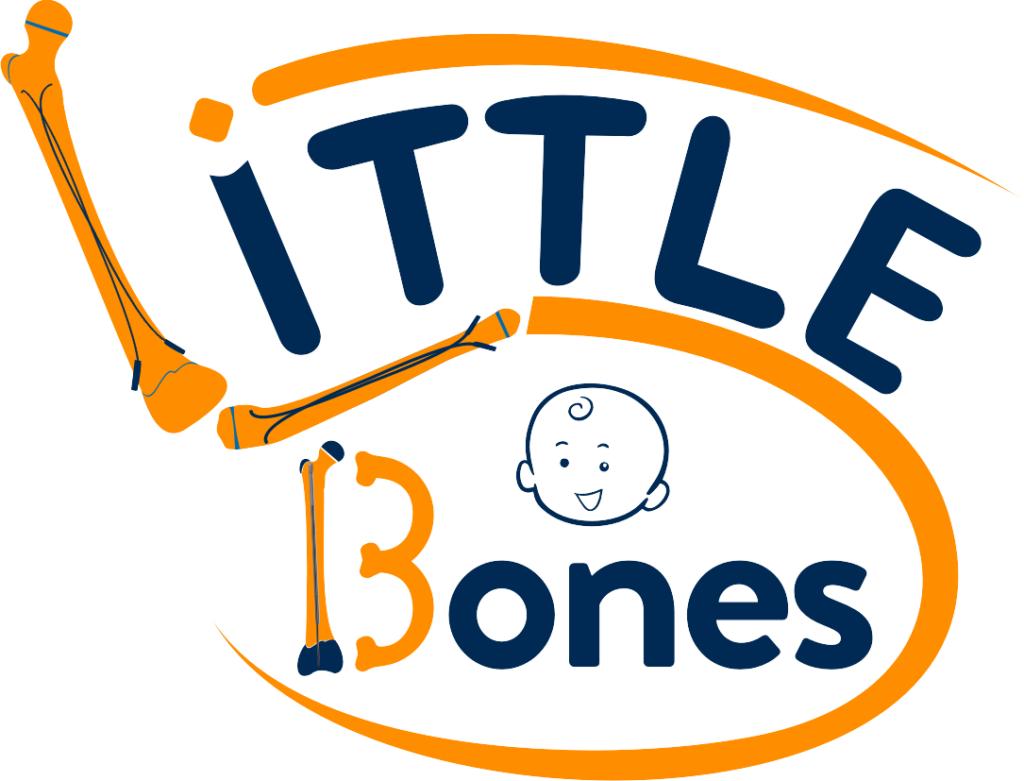Polydactyly Treatment in Indore
Home » Polydactyly Treatment in Indore
Best Polydactyly Treatment in Indore
Polydactyly is a congenital condition characterized by the presence of extra fingers or toes on the hands or feet. It is one of the most common congenital hand anomalies, occurring in approximately 1 in 1,000 live births. Polydactyly can vary in severity, ranging from a small, rudimentary extra digit to a fully formed additional finger or toe. While polydactyly is usually an isolated anomaly, it can sometimes be associated with other genetic conditions or syndromes.
Treatment
The treatment for polydactyly depends on the severity of the condition and the functional impact of the extra digit. In cases where the extra digit is small and non-functional, it may be left untreated. However, if the extra digit interferes with hand or foot function or causes cosmetic concerns, surgical intervention may be recommended. The goal of surgery is to remove the extra digit while preserving function and achieving a cosmetically pleasing result. The timing of surgery depends on the child’s age, the size of the extra digit, and other individual factors.
Why Choose Us
At Little Bones, we specialize in diagnosing and treating congenital hand anomalies, including polydactyly. Our team of experienced pediatric orthopedic surgeons in Indore and hand specialists is dedicated to providing compassionate and comprehensive care to children with polydactyly. We offer personalized treatment plans tailored to each child’s unique needs, with a focus on achieving optimal outcomes and improving quality of life. With our expertise and commitment to excellence, you can trust us to provide the highest level of care for your child with polydactyly.
Frequently Asked Questions
Polydactyly can have a genetic component and may run in families. However, it can also occur sporadically without a family history of the condition.
The impact of polydactyly on hand function depends on the location and size of the extra digit. In some cases, the extra digit may be fully functional and contribute to hand function. However, in other cases, it may interfere with hand function and dexterity.
Like any surgical procedure, polydactyly surgery carries risks, including infection, bleeding, and scarring. However, these risks are generally low, and our surgical team takes every precaution to minimize them and ensure the best possible outcome.
In most cases, physical therapy is not necessary after polydactyly surgery. However, our team may recommend hand exercises or activities to help promote healing and improve hand function following surgery.
Schedule an Appointment
If you have questions about polydactyly or if your child has been diagnosed with this condition, please don't hesitate to contact us. Our team is here to provide expert guidance and support and to help you make informed decisions about your child's care. Schedule a consultation today to learn more about our services and how we can help your child thrive.
Call Us
+917827028020
Email Us
drpushp@yahoo.com
Visit Us
219, Benchmark Business Park, Near Satya sai Square, Vijay Nagar Indore.
